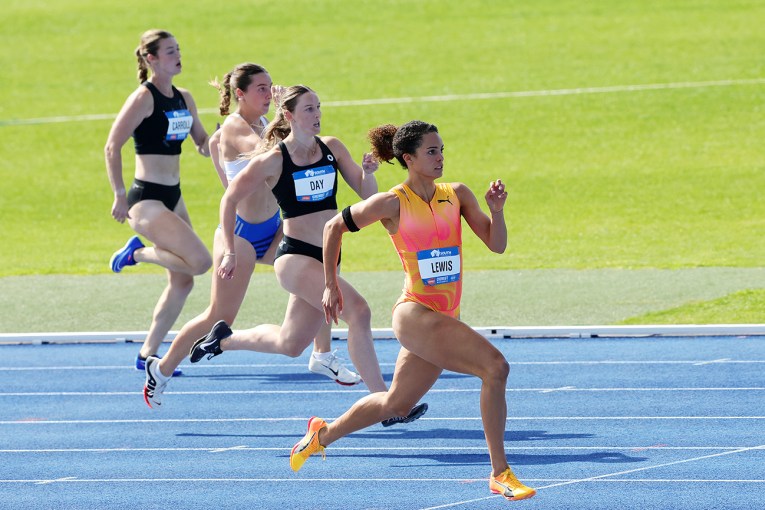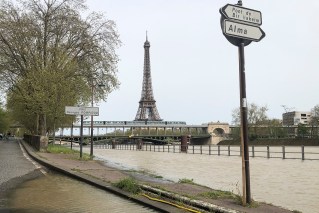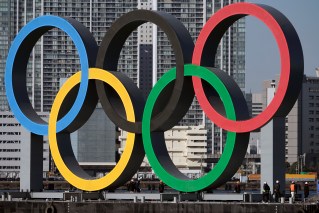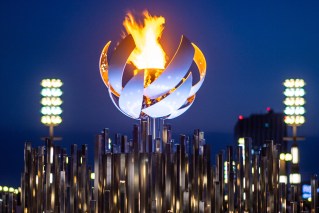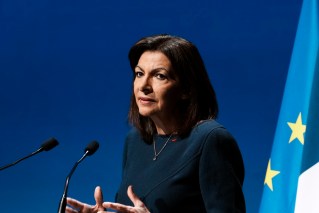This is why Rio isn’t fit to host the Olympics

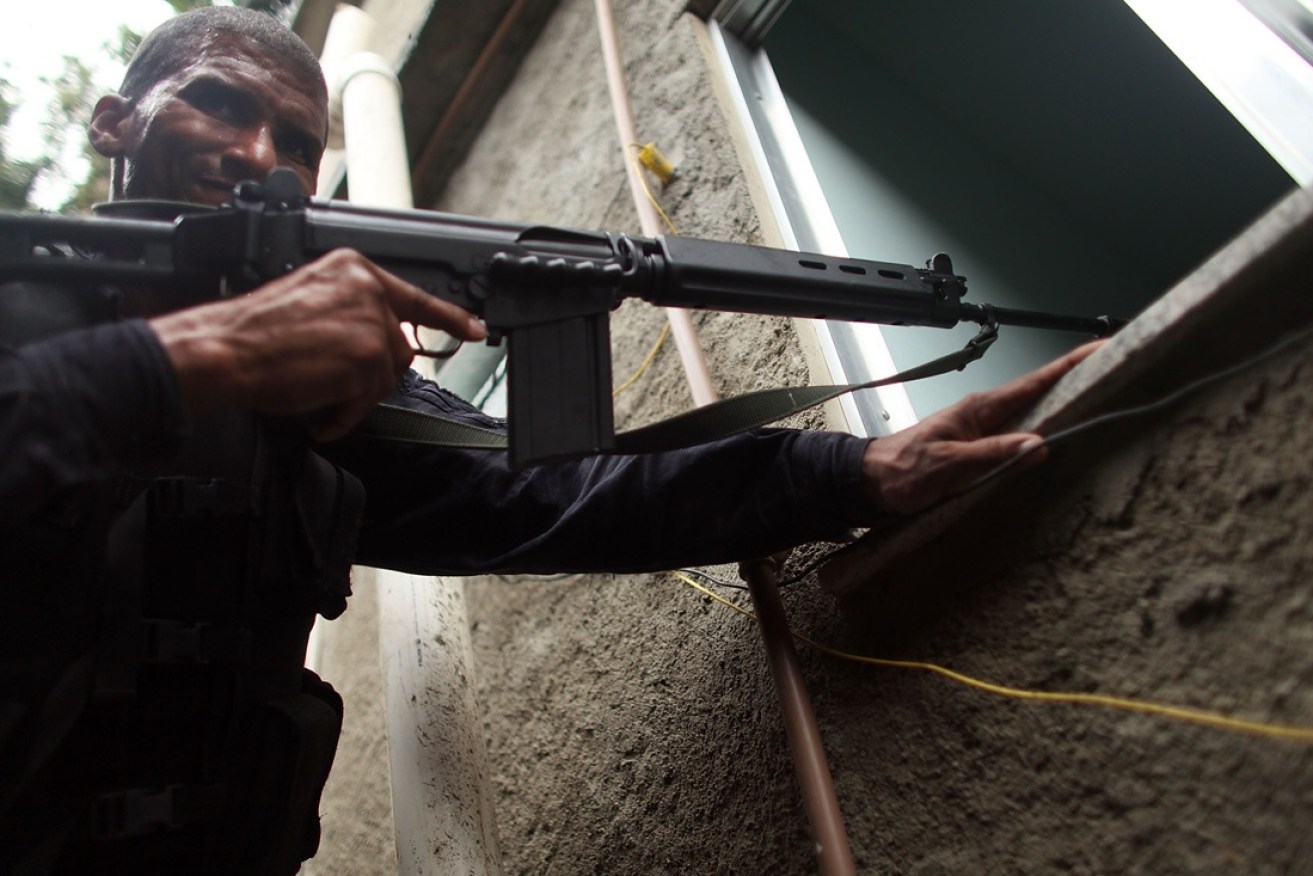
A Special Police Operations member in the favelas. Photo: Getty
ANALYSIS
The Rio Olympics have been a real page-turner so far – and they haven’t even started.
With killer mozzies, mystery superbugs and the world’s meanest muggers, sport is struggling to crack a headline.
While the Australian media has focused on the Nick-and-Kitty soapie and the inevitability of ‘gold, gold, gold’ in the pool, a major question has been ignored.
Why are the Games being staged in a city that is financially crippled and at war with itself?
Any environmental assessment worth its salt should have cautioned the IOC that Rio de Janeiro was not the place to stage an Olympic Games.
The Games were awarded in 2009, when the Brazilian economy was strong, fuelled by high commodity and oil prices.
With the contraction of the global economy, Brazil plunged into its worst economic crisis since the 1930s.
This came at a time when it was scheduled to host a soccer World Cup and Olympic Games.

Money for education and health has been lost. Photo: Getty
The consequences have been stark.
Politicians on the right and centre-left have withdrawn money from essential services to fund the Games.
Education, health and the provision of law and order have all been hit.
Before the 2014 World Cup, demonstrators took to Rio’s streets protesting the cuts.
With a major tournament to host and major Games infrastructure still to be built, the cuts continued. Rio is now bankrupt.
Last week, the state of Rio received a $US860 million bailout from the central government in Brasilia to complete the subway that links the main stadium to the city centre and to fund security.
A deployment of 85,000 security personnel will protect athletes and visitors during the Games – double the number of the London Olympics.
It is a number that is not surprising.

The World Cup was popular but Brazil are paying the price. Photo: Getty
Since Rio was awarded the Games in 2009, the state and city’s government, under Mayor Eduardo Paes, has escalated its long-running war on the favelas.
The favelas are Rio’s poorer and cluttered hillside neighbourhoods that house the city’s cheap labour and gangster warlords.
The war commenced in the 1980s, when crime gangs like Rio’s Red Command, moved into the Colombian cocaine trade and used the favelas as their base.
The narco organisations assumed leadership in many of these neighbourhoods, and established parallel economies and militias.
Under Paes, the authorities have attempted to rid the favelas of the narco gangs and bring the neighbourhoods into the dominant economy.
It has resulted in an undeclared war between the police and paramilitaries and the well-armed narco militias.
The IOC and the Games’ sponsors have been well aware of the war.
Two weeks after Rio was awarded the Games, the narco militias shot down a police helicopter.

In the favelas, locals play by their own rules. Photo: Getty
The incident led the US Embassy in Brasilia to raise questions about Rio’s capacity to stage the Games because of “the security situation.”
The situation hasn’t improved. In the first four months of this year there were 2037 killings in Rio.
Just recently, Mayor Paes’ bodyguard was gunned down in an attempted mugging.
More ominously, the drug baron, Nicolas Labre Pereira, was sprung from Souza Aguair hospital in a shoot-out that left a patient dead, and a nurse and off-duty policeman wounded.
According to the O Globo newspaper, the search for Pereira has resulted in 10 deaths, closed 50 schools and involved 27 ‘battalions’ of paramilitary.
To focus on the recent mugging of a Paralympian or the threat of the little-known Islamist group, Ansar Al-Khilafah Brazil, is to miss the bigger point.

Rio’s debt will only continue. Photo: Getty
The Games are being staged in a city that is at war with itself.
The IOC will walk away with billions from the sale of media rights from these Games.
But it will leave Rio with a debt comparable to Montreal’s and continuing bloodbaths in its poorer neighbourhoods.
So much for the Olympic spirit.
Dr Tom Heenan teaches sports studies at Monash University.
